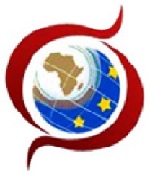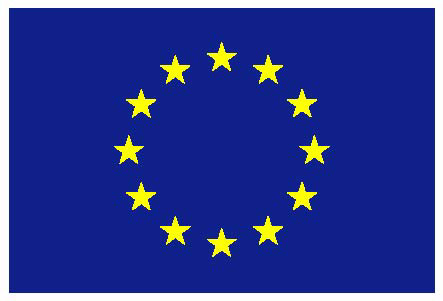Studies & Research
New Frontier Services staff have led or managed numerous important policy and research studies for the European Commission and other organisations and programmes. For example, NFS provided team leadership and study direction for a strategic and complex Forward Study on Africa’s Energy Security. Carried out within the context of the then recent launch of the Africa-EU Energy Partnership, the study covered all African countries and had a wide-ranging remit, covering energy balances, energy infrastructure needs, investment needs, energy governance, and climate change mainstreaming (see below).
NFS has also carried out numerous economic development and feasibility studies. For example, following the highly acclaimed mid-term evaluation of the Trans-Eurasia Information Network (TEIN) in South-East Asia, NFS was asked to carry out feasibility work on the possible extension of the Trans-Eurasia Information Network into Central Asia (see below). The feasibility study laid the basis for the EC decision to create the Central Asia Research & Education Network (CAREN). With Ernst & Young, another NFS member carried out feasibility work for the World Bank on setting up an incubator network in Ghana.
Examples of our experience are provided below.
NFS has also carried out numerous economic development and feasibility studies. For example, following the highly acclaimed mid-term evaluation of the Trans-Eurasia Information Network (TEIN) in South-East Asia, NFS was asked to carry out feasibility work on the possible extension of the Trans-Eurasia Information Network into Central Asia (see below). The feasibility study laid the basis for the EC decision to create the Central Asia Research & Education Network (CAREN). With Ernst & Young, another NFS member carried out feasibility work for the World Bank on setting up an incubator network in Ghana.
Examples of our experience are provided below.
Examples of our recent work
 |
NFS provided team leadership and study direction for a strategic Forward Study on Africa’s Energy Security, within the context of the Africa-EU Energy Partnership. Part of the study focus was looking at how climate change will likely impact on Africa’s Energy Security and its development needs. This work is part of a forward looking analysis and strategy on Africa’s energy security, and to identify areas where Africa and Europe can work together to improve Africa’s energy security. The study is intended to serve as a tool for the Commission and its partners in the further implementation of the Africa-EU Energy Partnership. NFS is providing one member of the core study team, which is being undertaken in association with IBF Consulting. |
 |
New Frontier Services conducted the evaluation of Campaigning, Awareness Raising, Advocacy, and Social Mobilisation (CARASM) for the International Labour Organisation - International Programme on the Elimination of Child Labour (ILO-IPEC). This thematic evaluation covered all of IPEC’s programmes and projects with a strong component in the area of awareness raising, social mobilisation, campaigning, and advocacy. The evaluation included several survey components, combined with stakeholder interviews and consultation as well as limited desk research. |
 |
For the European Commission, Team Leader on a study on Enabling Increased Investment in Africa’s Energy Sector (NB Energy Infrastructure for Rural Electrification and Off-Grid Projects. The work involves reviewing existing constraints on financing energy sector projects, as well as looking at existing funding sources and mechanisms (e.g. Work Bank, Infrastructure Trust Fund, Public Private Infrastructure Advisory Facility (PPIAF), European Investment Bank, African Development Bank etc.). Involves a series of consultation workshops, as well as dialogue with key actors such as the Alliance for Rural Electrification. Innovative models, such as the Global Partnership for Output-based Aid, are also being studied. |
 |
Following the highly success mid-term evaluation of TEIN2, NFS was appointed to undertake a pre-feasibility study to explore the extension of the TEIN2 Network to Central Asia. The overall objective of the pre-feasibility work was to assess the needs of five Central Asian countries (Kazakhstan, Kyrgyzstan, Tajikistan, Turkmenistan, and Uzbekistan) and the potential for a GEANT-type network to contribute to their needs, and the feasibility of implementing such a research infrastructure. The work also involved review of development needs in the education and health sectors and potential for e-education and e-health user applications. Assessment was also undertaken of current fledgling NRENs (national education and research networks) financed by the EC e-infrastructures programme and the NATO Science Programme. |

